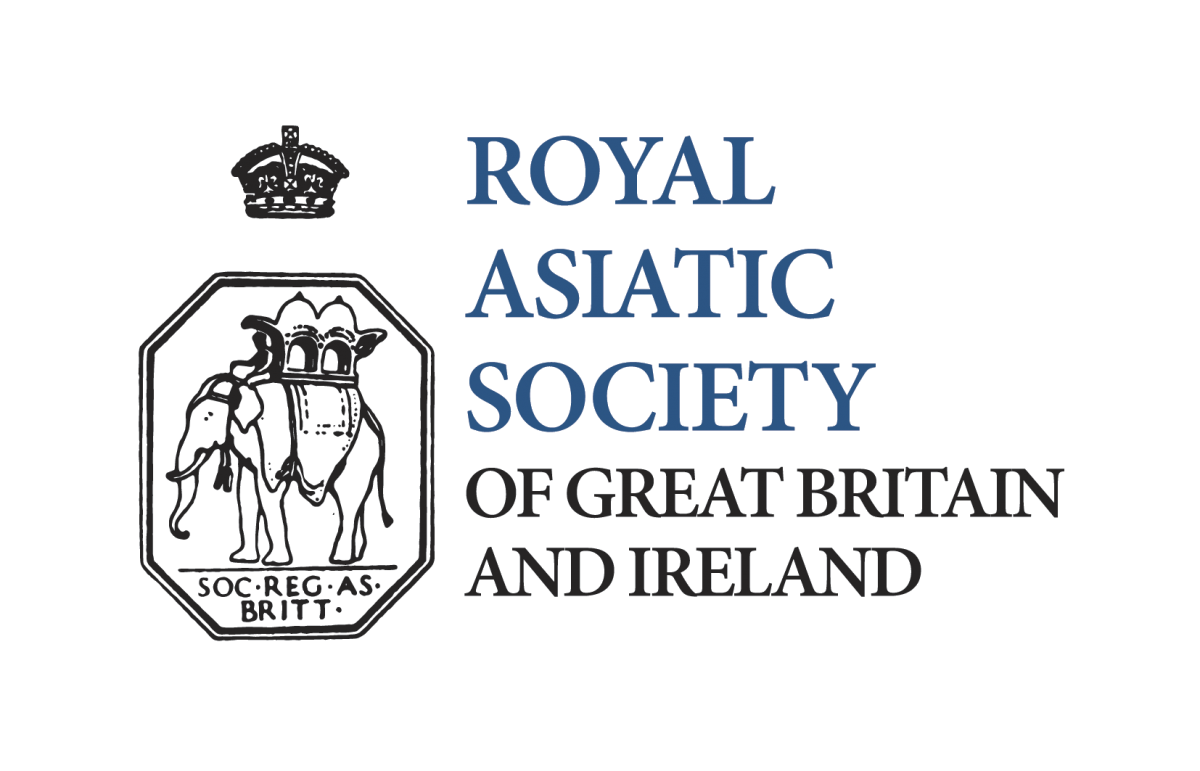Professor Wayne Patterson – William Nelson Lovatt in Late Qing China
Last month the Society was delighted to welcome Professor Wayne Patterson to give a talk on William Nelson Lovatt. Dr Weipin Tsai, an associate editor for the Society’s journal and member of council, introduced Prof Patterson whom she first met when undertaking her research fellowship at Bristol University.
Prof. Patterson is currently Professor of History at St. Norbert College, USA. He is an expert in modern East Asian history and has held visiting professorships at Harvard University, University of Chicago, University of California-Berkeley, Korea Univesity, and Yonsei Univesity, among others. He has written and edited 16 books covering imperialism, immigration and diaspora, and the missionaries in Asian countries, including the co-authored Modern East Asia: A History (San Diego: Cognella Academic Publishing, 2019).
His most recent publication is William Nelson Lovatt in Late Qing China: War, Maritime Customs, and Treaty Ports, 1860-1904. Which looks at the the Imperial Maritime Customs Service and the final decades of the last Chinese dynasty through the lens of a British-American who served as a Tidesurveyor at nearly a dozen treaty ports. Rather than focusing on Inspector-General Sir Robert Hart with a top-down approach, Lovatt’s perspective is from the bottom-up, where there is little in the way of primary documentation, particularly for the nineteenth century. Lovatt arrived in China as a soldier in the British army during the Second Opium War, but remained in China to enter the customs service, and initially trained Chinese soldiers in three other conflicts as part of the Cooperative Policy: the Taiping, Nian, and the Japanese invasion of Taiwan. In his more than four decades he interacted with missionaries, diplomats, fellow customs officers, IG Hart, and Chinese of all stripes due to his fluency in the language. Lovatt provides an inside look at Chinese society and the treaty port system unlike few others. Additionally, Lovatt may have prevented Hart’s plan to annex the Korean customs service allowing Li Hongzhang to continue to control that county indirectly.
Our next event is taking place on Friday the 4th August. This will be the only event in August before we begin the 2023-24 lecture series in September. We will be updating the events page throughout the next couple weeks and will announce September events in August over the mailing list. In the meantime we hope that you can join us either online or in person for next week’s panel on New Histories of the East India Company.

To join us over zoom please email Matty Bradley at mb@royalasiaticsociety.org
About the panelists:
Margot Finn is Professor of Modern British History at UCL. The author of After Chartism (1993) and The Character of Credit (2003), and co-editor of The East India Company at Home, 1757-1857.
She has published extensively on the families and material culture of the East India Company. A former editor of the Journal of British Studies, she is President of the Royal Historical Society.
Philip J. Stern is a historian of the British Empire and the author of the award-winning book The Company-State. He is Associate Professor of History at Duke University. His latest book Empire, Incorporated: The Corporations That Built British Colonialism was published by Harvard in 2023 and was praised by William Dalrymple as: “A remarkable contribution to the current global debate about Empire and a small masterpiece of research and conceptual reimagining.’
Joshua Ehrlich is a historian of knowledge, political thought, the East India Company, the British Empire, and South and Southeast Asia. Currently Assistant Professor of History at the University of Macau, he received a PhD and MA from Harvard University and a BA from the University of Chicago. In his first book, The East India Company and the Politics of Knowledge (Cambridge: Cambridge University Press, 2023), Ehrlich shows how a commitment to knowledge was integral to the Company’s ideology.
